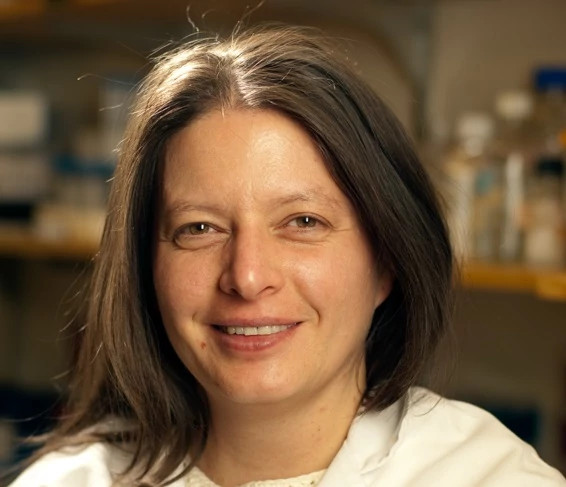Study finds associations between T cell diversity in peripheral blood and patient age and stage of breast cancer development
RESEARCH SUMMARY
Study Title: Peripheral blood TCR clonotype diversity as an age-associated marker of breast cancer progression
Publication: Proceedings of the National Academy of Sciences
Dana-Farber Cancer Institute co-first authors: Jun Nishida, PhD, Simona Cristea, PhD, and Sudheshna Bodapati
Dana-Farber Cancer Institute senior authors: Franziska Michor, PhD, and Kornelia Polyak, MD, PhD
Summary: Researchers at Dana-Farber Cancer Institute have found that the diversity of T cells in peripheral blood declines with age in patients with breast cancer and, in younger patients, is lower in those diagnosed with metastatic disease than with ductal carcinoma in situ (DCIS). The findings are based on an analysis of blood samples from 485 patients with newly diagnosed stage 0 (DCIS) or stage IV (metastatic) breast cancer. The patients were participants in the Young Women's Breast Cancer Study and EMBRACE cohort study led by Dana-Farber's Ann Partridge, MD, and Nancy Lin, MD, respectively. Investigators found that T cell receptor (TCR) diversity – a measure of versatility in recognizing antigens on infectious agents and cancer cells – was significantly lower in older patients than younger patients, regardless of the stage of the disease at the time of diagnosis. In patients age 45 or under, TCR diversity was lower in those diagnosed with de novo metastatic breast cancer than in those diagnosed with DCIS. In older patients with DCIS, those with greater TCR diversity were more likely to have a breast cancer recurrence than those with lower diversity. This may be because the high levels of TCR diversity reflect a high percentage of regulatory T cells, which have an immunosuppressive effect. The findings offer new insights into the role of host immunity in breast cancer development in different age groups.
Impact: The findings underscore the role of patient age and peripheral immunity in the evolution and progression of breast cancer. With further research, TCR diversity may become a useful age-dependent biomarker for predicting breast cancer risk and the risk of tumor progression.
Funding: National Cancer Institute grants R35 CA197623 and U24CA224613; Dana-Farber/Harvard Cancer Center SPORE P50CA168504; the Breast Cancer Research Foundation; Susan G. Komen; American Cancer Society; Louise Sandberg Fund; the Ludwig Center at Harvard.
Media Contacts
If you are a journalist and have a question about this story, please call 617-632-4090 and ask to speak to a member of the media team, or email media@dfci.harvard.edu.
The Media Team cannot respond to patient inquiries. For more information, please see Contact Us.

566x487.jpg)
Kornelia Polyak, MD, PhD, and Franziska Michor, PhD